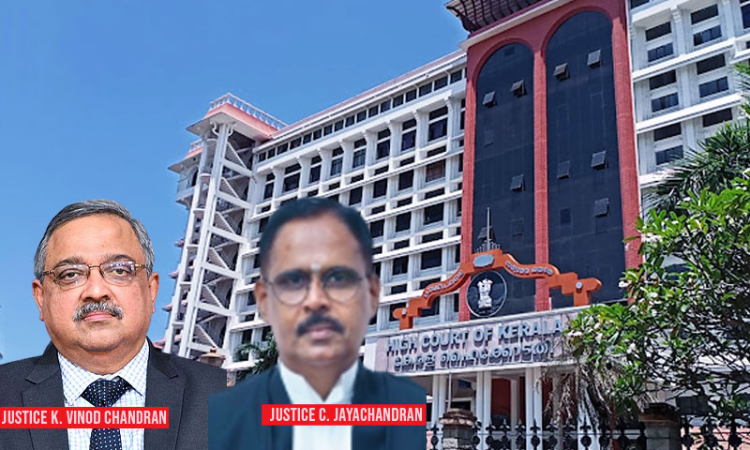The Kerala High Court, on Friday, dismissed the appeal filed by beedi tycoon Mohammed Nisham against conviction and life sentence in the Chandrabose murder case. Division Bench consisting of Justice K Vinod Chandran and C Jayachandran has upheld the life imprisonment awarded to the accused. ...it is clear that the conscious act of running down a man to cause injuries, which injuries in...

